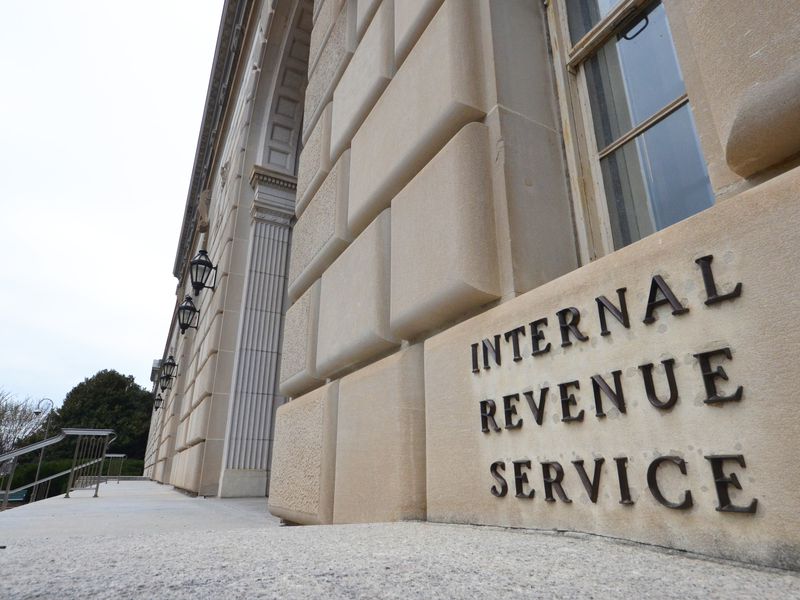Blockchain Bites: BTC on Ethereum, DeFi’s Latest Stablecoin, the Currency Cold Wars
Blockchain Bites: BTC on Ethereum, DeFi’s Latest Stablecoin, the Currency Cold Wars
DeFi Pulse fixed a bug that led to a substantial misreporting of total value in decentralized finance protocols, former acting White House chief of staff Mick Mulvaney joined the Chamber of Digital Commerce and there’s a new stablecoin that functions like a savings account.
Top shelf
Fresh capital
Crypto projects are raising funds as the industry continues to build out decentralized protocols. Ethereum data firm Dune Analytics, a Github-like platform which provides DeFi insights, has raised $2 million led by Dragonfly Capital and included Multicoin Capital, Coinbase Ventures, DCG and DeFi angels. Meanwhile, Skynet Labs, a startup formerly known as Nebulous, has raised a $3 million funding round led by Paradigm. Using the token-fueled Sia network, Skynet allows for decentralized and permissionless hosting. Recently, community members spun up a Skynet app store following rumors that TikTok might get delisted from popular app stores.
Crypto lobby
It’s been a busy season for crypto lobbyist groups, even amid the coronavirus pandemic. Yesterday, the Blockchain Association announced members from 0x, the Stellar Development Foundation and Kraken will join its board. The new members bring regulatory and DeFi experience to the Washington, D.C.-based association. Elsewhere, former acting White House chief of staff Mick Mulvaney has joined the Chamber of Digital Commerce, also based in the U.S. capitol. “His experience as a legislator is very very valuable because he can help us navigate Congress,” CDC’s founder Perianne Boring said. The blockchain advocacy group also added Visa, Goldman Sachs and Six Digital Exchange (SDX) have joined the group as executive committee members.
DeFi fund
The cryptocurrency money manager Panxora is raising up to $50 million for a new DeFi-centered hedge fund, CoinDesk reporter Bradley Keoun reports. Based in the Cayman Islands, the fund will primarily buy tokens listed on centralized cryptocurrency exchanges rather than from decentralized – and sometimes community-owned – automated exchanges. Panxora CEO Gavin Smith said few if any decentralized exchanges can guarantee sufficient compliance with anti-money-laundering rules, and also because a token listing from an exchange theoretically implies some level of vetting. The fund is scheduled to start trading on Nov. 2.
Bug fix
DeFi Pulse, the go-to data aggregator for the DeFi scene, said on Twitter late Tuesday night that it had identified and fixed a “previously undetected issue” that led to a substantial misreporting of the total value held on DeFi protocols. The site’s representatives said the TVL (total value locked) in DeFi exceeded a record $13.2 billion on September 18, rather than the $9.1 billion it had previously displayed. Representatives didn’t say explicitly what caused the discrepancy.
Interest earning?
Peer-to-peer commerce company Origin has unveiled a stablecoin that functions like a savings account. Called Origin Dollars, or OUSD, the coin will earn users “interest” from leveraging various DeFi projects without users having to stake in those protocols. Backed one-for-one by the three big stablecoins on Ethereum, Tether’s USDT, Circle and Coinbase’s USDC and MakerDAO’s DAI, Origin Dollars can be minted by depositing those coins onto Origin’s app or bought on Uniswap. On the backend, Origin will take deposits and start yield farming them in different protocols, starting with the DeFi money market Compound. Returns will be driven back into OUSD, minting more OUSD that will be distributed proportionally to all the wallets that have it, CoinDesk’s Brady Dale reports.
Quick bites
At stake
Tokenized BTC
The number of bitcoins on Ethereum continues to grow, propelled by ballooning volumes in the DeFi space.
CoinDesk’s Will Foxley reports the supply of BitGo’s wrapped bitcoins (WBTC) alone topped 76,000 last week, with more than 21,000 entering circulation. Including the other six major issuers, there’s as many as 107,000 BTC (worth ~$1.1 billion) tokenized for use on Ethereum.
This raises questions about why investors or traders would want to tokenize their bitcoin, which adds complexity and potential software risks to their bags.
For many, it appears to be the higher rates of return found on decentralized finance protocols especially when compared to other options such as BlockFi, Foxley notes. “Tokenized bitcoin allows investors to bring large amounts of value over to the Ethereum network and its young DEX market in a few clicks,” he writes.
Skeptics note there really isn’t any bitcoin “on” Ethereum, more of a representation of its value. Others go further in saying that many tokenization options rely on trusting a third party like BitGo to print these representative tokens, thereby adding counterparty and censorship risks to bitcoin.
Recently, though, a trustless alternative, tBTC, relaunched after an abortive first attempt last April.
Market intel
Selloff = slump?
A selloff from bitcoin miners may hint at a weakening market, CoinDesk markets reporter Omkar Godbole says. On Tuesday, the net inflow of bitcoin to exchanges (measured by the total change in exchange balances) was 36,800 BTC – the biggest single-day rise since the markets crash on March 13. The uptick in net inflows represents an increase in selling pressure, since investors typically move coins from their wallets to exchanges when they see a possible need to liquidate their holdings. This could extend bitcoin’s recent price losses in the short term, with immediate supports at $10,000 and $9,868 (Sept. 8 low).
Internet 2030
Jeff Wilser paints a picture of the coming “currency cold war,” offering three scenarios of how either bitcoin, digital dollars or China’s DCEP will become the dominant world currency, and one where that concept is thrown out the window. The excerpt below is taken from CoinDesk’s “Internet 2030” series about the future of the crypto economy.
SCENARIO FOUR: A non-government-backed cryptocurrency (such as Bitcoin) gains dominance
What would the internet look like if a private (non-government regulated) currency emerged as dominant? “If you could pay anybody anywhere in the world, instantly and for free, we wouldn’t be so dependent on the advertising model of internet content,” says fintech guru David Birch. Micropayments (such as Brave) might finally emerge from niche to widespread.
“If I can pay 25 cents to read the thing I want to read on The New York Times – I don’t have to subscribe to it and use credit cards – they don’t have to show me disgusting adverts for ear wax, so that’s kind of a win-win,” says Birch. Then again, he acknowledges that this is class-based, as “the rich can buy themselves out of this cesspit.”
Birch also highlights the optimist possibilities, as “If you could do business with anyone in the world, hopefully, new products and services would spring up, to facilitate that trade and interaction.”
International uncertainty may drive cryptocurrency usage. “If we have a stable geopolitical structure, where most people and most nations feel secure, then that will not encourage a large rise of non-government digital currencies,” reasons futurist Ross Dawson.
“Whereas if we have a deep social division and disruption – and civil wars in developed countries in the next decade, that’s very plausible, depending on how you define ‘civil war’ – this will fracture societies and trust in government, and could lead to wholesale shifts to cryptocurrencies.”
With apologies to the crypto super-bulls, this is not necessarily the Lambo Scenario or Moon Scenario. Dawson imagines a potential world of “dueling economies” – even within the United States – if a cryptocurrency emerges dominant. One will be the official legal economy that’s regulated by the U.S. government (like today), and the other an unregulated “shadow economy” that’s dominated by the cryptocurrency.
“There will always be national currencies,” says Dawson. “We’re never going to have a time when the government says, “Okay, we give up, we’re not going to do this anymore.” (He later clarifies that maybe “never” is too strong of a word, but certainly not in the next decade.)
So the question is what’s the balance between the shadow economy and the regulated economy? He points to Italy’s shadow economy as an example, which by some estimates is more than 12% of the nation’s GDP – largely the result of tax evasion.
At least in this scenario, Bitcoin (or some other cryptocurrency) is finally not just a Store of Value or a speculative investment. It could be widely used to buy a cup of coffee, pay your rent, or, yes, to buy your pair of sunglasses.
CoinDesk’s “Internet 2030” series examines the future of the medium and what role blockchain and crypto will play in it with content and conversations on the future of the decentralized web. If you are interested in submitting an op-ed for the series, please reach out directly to daniel@coindesk.com.
Podcast corner
Unlikely allies
Marty Bent, author of one of the best known daily bitcoin newsletters and host of “Tales From The Crypt” podcast, joins The Breakdown to discuss his latest venture, Great American Mining, an apparently energy-efficient bitcoin mining project. According to Bent, bitcoin mining and big energy are unlikely allies.
Who won #CryptoTwitter?











